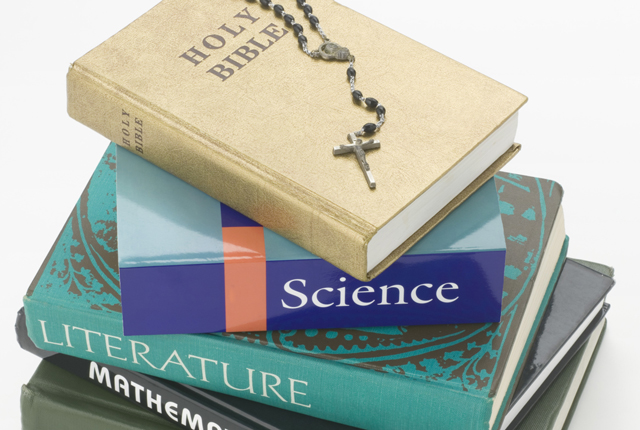
More Than Half Of Indian Scientists Are Religious: First Worldwide Survey Of Religion And Science
New York: Are all scientists atheists? Do they believe religion and science can co-exist? A new survey by researchers at Rice University challenges longstanding assumptions about the science-faith interface. While it is commonly assumed that most scientists are atheists, the global perspective resulting from the study shows that this is simply not the case.

“More than half of scientists in India, Italy, Taiwan and Turkey self-identify as religious,” said the study’s principal investigator, Elaine Howard Ecklund from Rice University in Houston, US. “And it’s striking that approximately twice as many ‘convinced atheists’ exist in the general population of Hong Kong, for example, (55 percent) compared with the scientific community in this region (26 percent).”
The researchers did find that 39 percent of scientists in Hong Kong identify as religious compared with 20 percent of the general population of Hong Kong, and 54 percent of scientists in Taiwan identify as religious compared with 44 percent of the general population of Taiwan. Ecklund noted that such patterns challenge longstanding assumptions about the irreligious character of scientists around the world.
When asked about terms of conflict between religion and science, Ecklund said that only a minority of scientists in each regional context believe that science and religion are in conflict. In the Britain – one of the most secular countries studied – only 32 percent of scientists characterized the science-faith interface as one of conflict. In the U.S., this number was only 29 percent. And 25 percent of Hong Kong scientists, 27 percent of Indian scientists and 23 percent of Taiwanese scientists believed science and religion can coexist and be used to help each other.
In addition to the survey’s quantitative findings, the researchers found nuanced views in scientists’ responses during interviews. For example, numerous scientists expressed how religion can provide a “check” in ethically gray areas.
“Religion provides a check on those occasions where you might be tempted to shortcut because you want to get something published and you think, ‘Oh, that experiment wasn’t really good enough, but if I portray it in this way, that will do,” a biology professor from the U.K was quoted as saying.
“I have no problem going to church services because quite often, again that’s a cultural thing,” said a physics reader in the U.K. who said he sometimes attended services because his daughter sang in the church choir. “It’s like looking at another part of your culture, but I have no faith religiously. It doesn’t worry me that religion is still out there.”
Finally, many scientists mentioned ways that they would accommodate the religious views or practices of the public, whether those of students or colleagues.
The researchers collected information from 9,422 respondents in eight regions around the world: France, Hong Kong, India, Italy, Taiwan, Turkey, Britain and the US. They also traveled to these regions to conduct in-depth interviews with 609 scientists, the largest worldwide survey and interview study ever conducted of the intersection between faith and science.